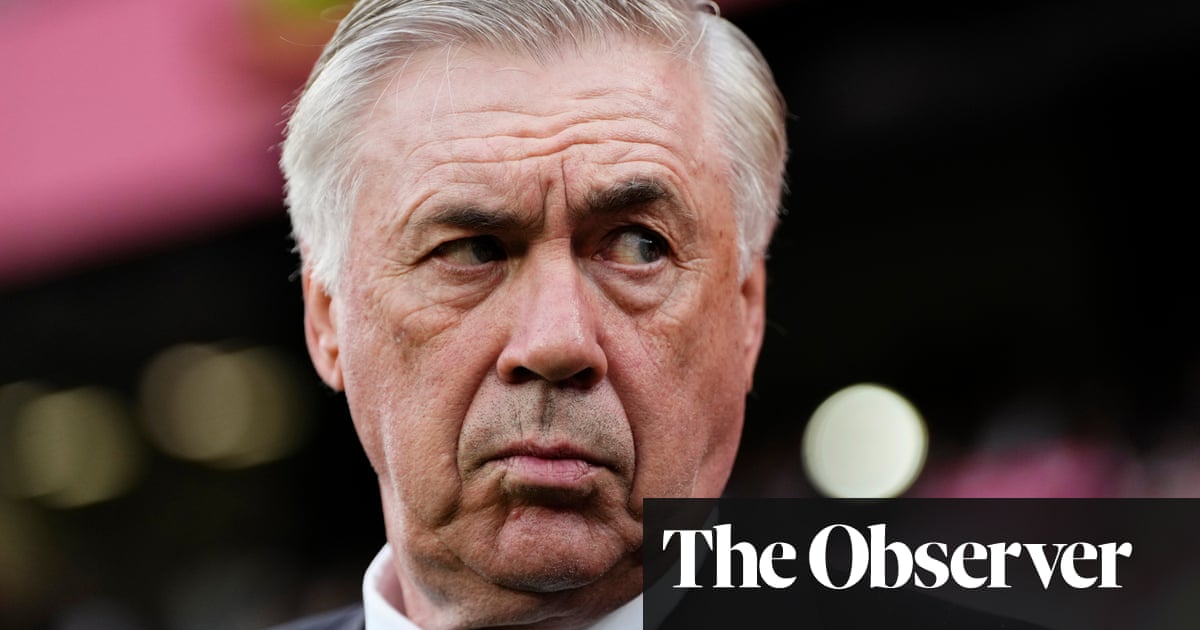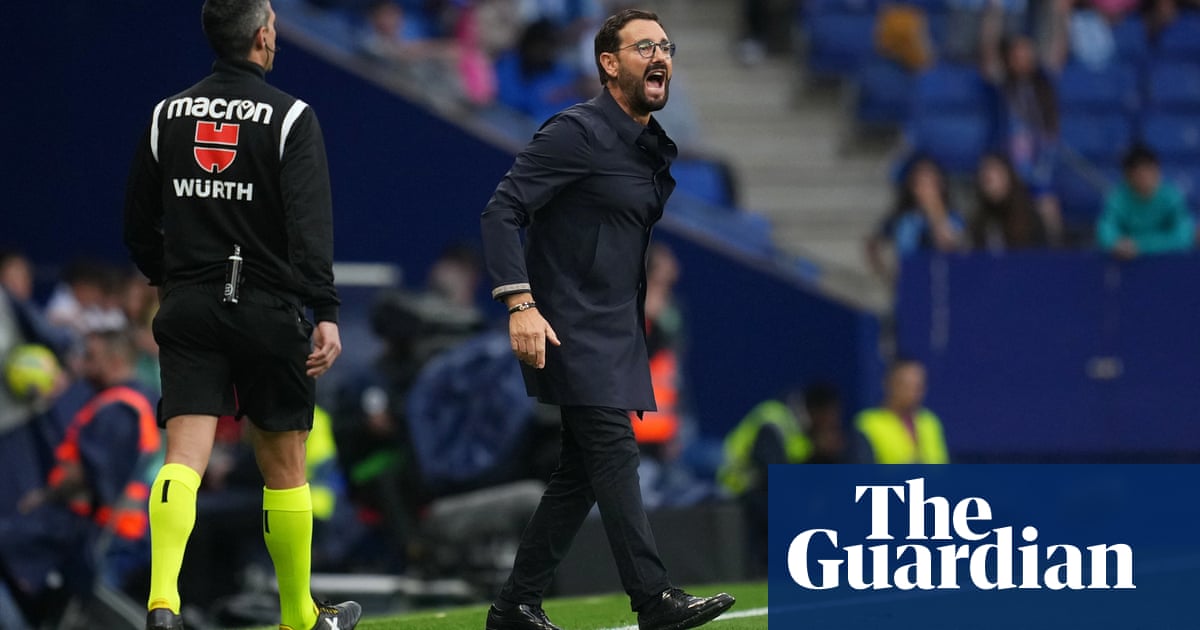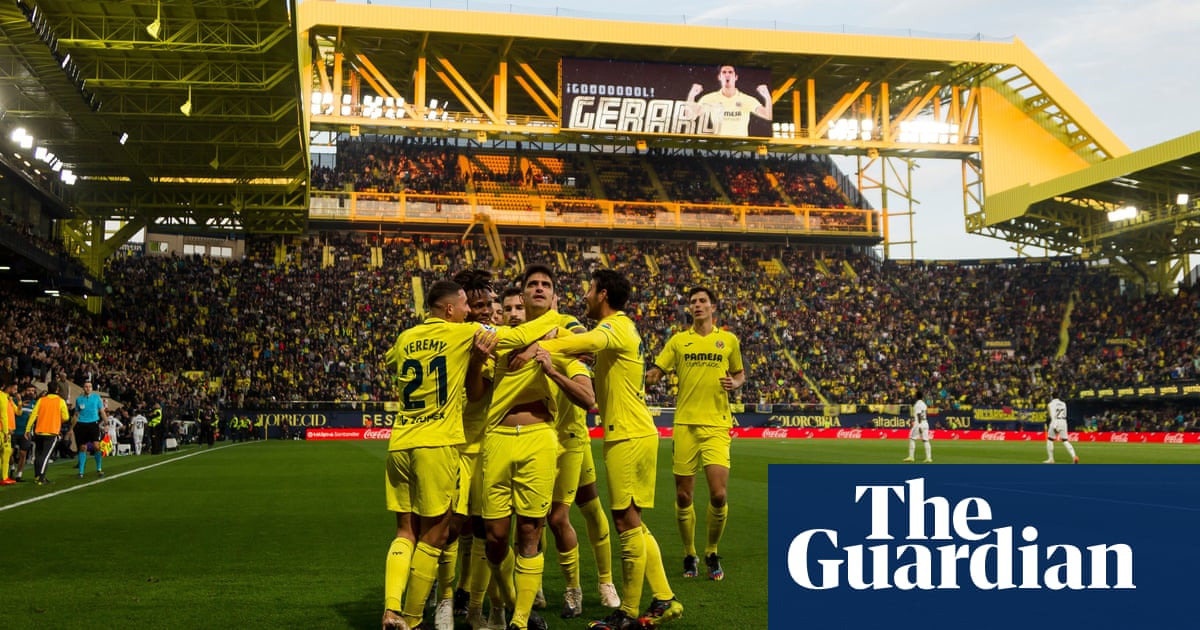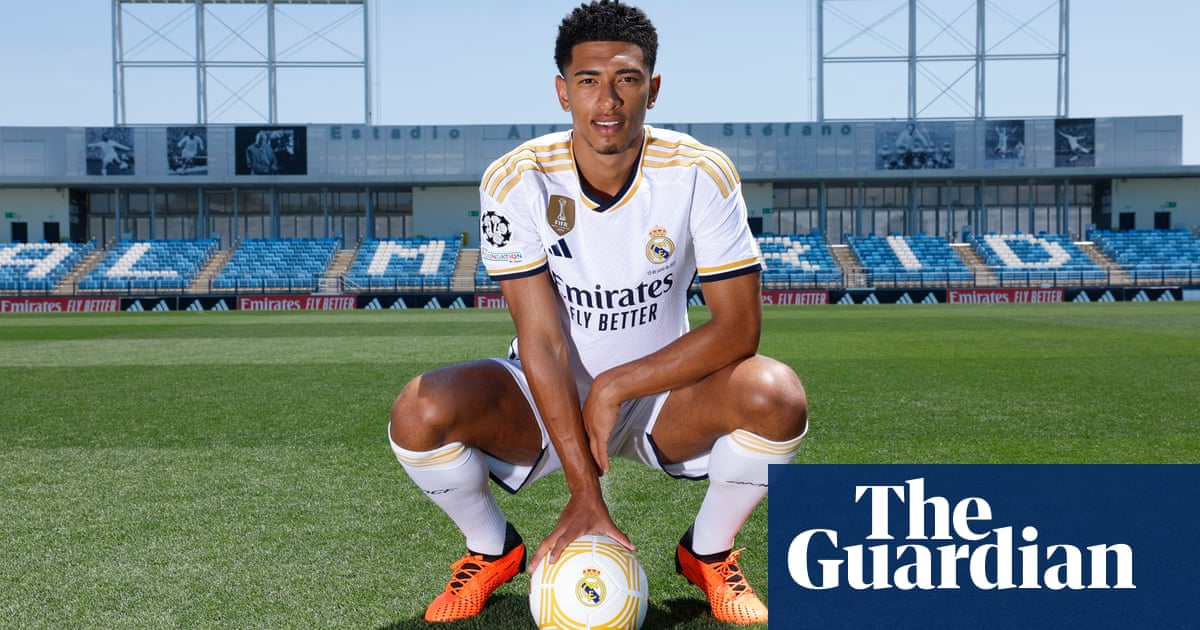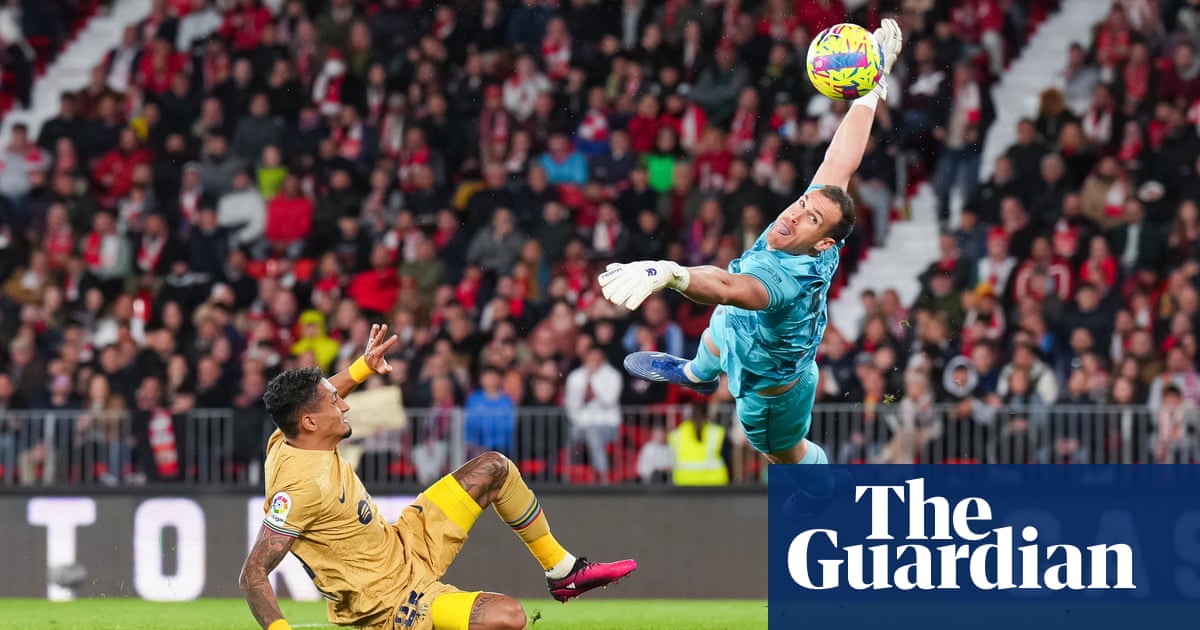
Giovanni Trapattoni carried a battle of holy water with him, blessed by the sister who actually was his sister. In 2009 the Espanyol manager Mauricio Pochettino hiked to Montserrat to visit the black virgin, enlisting her help in avoiding relegation, salvation delivered soon after. And Raúl Madero, the Argentinian national team doctor, twice visited the wailing wall. The first time, before the 1986 World Cup, he asked for them to be champions; when he went back four years later, he thought that would be pushing it, so requested runners-up. True story, and when it comes to football you’ll try anything. Sometimes it even works.
Some turn to God, others turn their back on Him. Coco Basile tells of the priest he kicked out of the San Lorenzo dressing room. His name was Jorge, a fan who loved his team and prayed with them; he was also a jinx, Basile said. Fifteen years later, Jorge became Pope Francis. Meanwhile, up in A Coruña, Deportivo have been known to cast a pagan’s spell,: “Beelzebub’s fire, burning corpses and farts from infernal bottoms” thrown into a bubbling cauldron. Like many rituals, it doesn’t always work, but you’ve got to have something to turn to: some source of solace or inspiration, even if it’s not so much Papa Francisco as Pape Souaré, more Delaney than divine.
And so it was that Getafe turned to Crystal Palace. Which might sound a bit weird, but while there’s no sign of the Messiah they did have Fosu-Mensah, and Getafe were desperate. They were also pointless and you can insert your own joke here. “One point would give us life,” the striker Jaime Mata insisted, but their vital signs were fading fast, each defeat crueller and more inevitable than the last. Seven games in, they had lost all seven, already adrift at the bottom. “You get the feeling you’ve seen this film before,” Míchel González, their then-manager, had said, and it didn’t have a happy ending. “Anxiety is inevitable.” No one had ever started a top-flight season as badly, after all.
No one in Spain, anyway. Not long ago there was a team in south London that were even worse and somehow they survived, rescued by Roy Hodgson. Seven weeks into the 2017-2018 season, Crystal Palace had lost all seven games. In the eighth, they defeated Chelsea and eventually finished 11th. Getafe made a motivational video, all dramatic music and headlines, drawing on Palace’s experience to declare: “When results don’t come … when you try but don’t succeed … history shows it’s still possible.”
It was too.
Andros Townsend moves in mysterious ways. That day, Getafe had no points and were bottom. On Sunday, they defeated Real Madrid 1-0 at the Coliseum, the afternoon spent singing in the sun, welcoming in the new year. “Liberation,” the goalscorer Enes Unal called it.
This was their first win against Madrid in almost nine years, but it wasn’t a one-off or a fluke. Yes, they were gifted the goal, Éder Militão robbed by Unal – the perfect illustration of Carlo Ancelotti’s line about preferring “pessimistic” defenders who fear the worst – and sure, Ancelotti insisted the visitors “were still on holiday”. But that probably overplayed their passivity and this wasn’t only about Madrid, it was about Getafe too. Seemingly down then, they now have 18 points and are five places and 10 points off the bottom. Unbeaten in six, they’ve lost only one in nine. “The mental state is different now,” their coach said afterwards. “It’s interesting watching a team convert negative energy into positive, how horizons can change, how a group is transformed.”
Which is exactly what he came for. There was a moment earlier this season when the pitchside reporter helpfully pointed out that the fans were still chanting Míchel’s name, which indeed they were; it was just a pity it was followed by the words go and now. When now arrived and Míchel was sacked in October, Getafe had actually just got their first point with a 1-1 draw against Real Sociedad but he was replaced by Quique Sánchez Flores, returning for his third spell 16 years after the first. Forty years old when he led Getafe’s debut in primera, at 56 his mission now was to keep them there. He couldn’t turn them down: “Getafe is a family, and the family has problems,” he said.
Under Míchel, Getafe earned one point from 24. Under Quique, they earned 17 of 33. A table of his time there has them fifth in La Liga.
Those stats probably make it sound more clear-cut than it really is. The night Getafe finally picked up a point, Real Sociedad manager Imanol Alguacil insisted: “I have no doubt Míchel’s a great coach. If you have patience with him, Getafe will climb the table.” Míchel had waited a year to take over and brought a new, possession-based style that was always likely to take a little time and luck, plus the players to play it, but he didn’t get that. Even Sánchez Flores admitted: “Míchel’s a great guy who didn’t get the luck he deserves.” And if fortune always feels empty as an explanation, there was definitely something in that.
Against Valencia on the opening day, Getafe had lost 1-0 to a ropey penalty. A 93rd-minute Érik Lamela goal defeated them the following week in Seville. They were unfortunate to lose 2-1 at Barcelona, were beaten 1-0 by Elche, and were 1-0 up against Atlético until Carles Aleñá was sent off, losing 2-1 to a last-minute Luis Suárez winner. In the opening six games only Rayo beat them by more than one – and even then they had hit the post at 0-0. “It’s a question of time,” midfielder Florentino Luís said, but time passed and they kept losing, confidence crumbling. The Elche match brought 20 minutes as bad as anything you’ve seen, like the players’ legs had been put on the wrong way round, like some mental block had taken hold and wouldn’t let go.
“You just have to go back to the cinema and hope this time the good guys win,” Míchel said, but they never did.
Perhaps they had to stop being the good guys. Quique changed the mentality and the approach was altered too. He had to break that run somehow, rid them of the fatalism, clear heads and offer a clear plan. Get closer to what they had been with Pepe Bordalás, perhaps: tough, defensive, resistant. Unal soon talked about a side getting its identity back.
It wasn’t always pretty, it is true, and it’s not done yet either. Against Levante, the 0-0 felt inevitable. Against Celta, they played four central midfielders and a fifth, Nikola Maksimovic, up front – and lost, heavily. Against Granada, they conceded in the 97th minute to draw 1-1, but it was a miracle the goal hadn’t come sooner and been followed by more. Luis Suárez’s penalty traced an almost impossible vertical trajectory over the bar, David Soria slapped one off the line and Getafe, moving to a back five, had 23% of possession and faced 18 shots. “We didn’t feel good with the ball so we decided to defend,” Quique said.
Those were his first three games. After a 0-0 draw with Mallorca in November, Jaume Costa accused Getafe of constant fouling, complaining: “The linesman said they’re smart. Smart? No. Book one and it stops.” But things had shifted, signs of life and rebellion. “We need a big heart and a hungry mind but things only change with a win,” Quique said after Granada and three days later it came, Unal scoring two beauties against Espanyol and Erick Cabaco stumbling down the touchline with the coach in his arms at full-time. “We needed this jubilation to justify the effort,” Quique said. “It’s going to be long and we’re going to suffer: it’s battle for the broken-hearted.”
A week on they lost against Villarreal but haven’t lost since. A 4-0 win over Cádiz followed, then three draws: 0-0, 0-0, 1-1. Next, a 93rd-minute Darío Poveda goal defeated Osasuna and finally lifted them out of the relegation zone, 4,772 fans going wild. “We’re a single mind: we’re overcoming small barriers, which makes us freer and braver,” the coach said. “I feel emotional because I feel what I felt 16 years ago.”
Sunday felt even better: victory against Madrid, previously unbeaten in 12 games. “You don’t look at the stats in advance because they can depress you,” Quique said. “Instead, games require an artisanal process that generates enthusiasm as you see what you can do.” Getafe, he said, had to know where to “strangle” Madrid. And as Luka Modric hit the bar and Soria made a superb late save, they did so successfully. Stefan Mitrovic’s insistence that their mentality has changed was echoed in Unal saying he smelt blood on the goal, someone else’s weakness revealed instead of theirs. “We have an important combative spirit; we needed resilience and still do: this has only just begun,” the coach said.
In the stands they were jumping about singing, an old favourite adapted for new times. “Bordalás, I loved you,” it runs, “but now I love Quique.” Carry on like this and there might just be a little soft spot for Wilfried Zaha, too.




